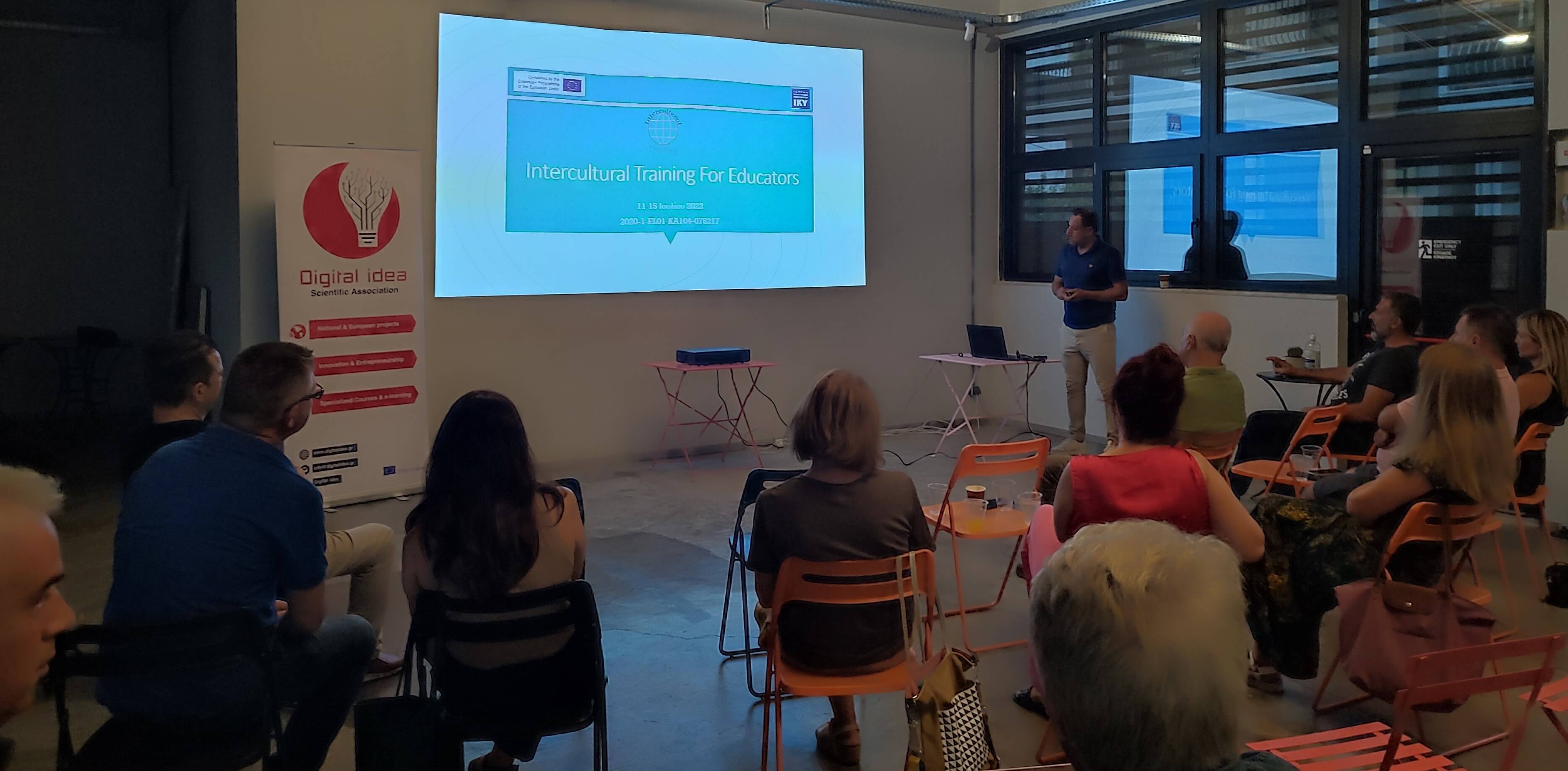INTERCULTURAL TRAINING FOR EDUCATORS
2020-1-EL01-KA104-078217
About the program
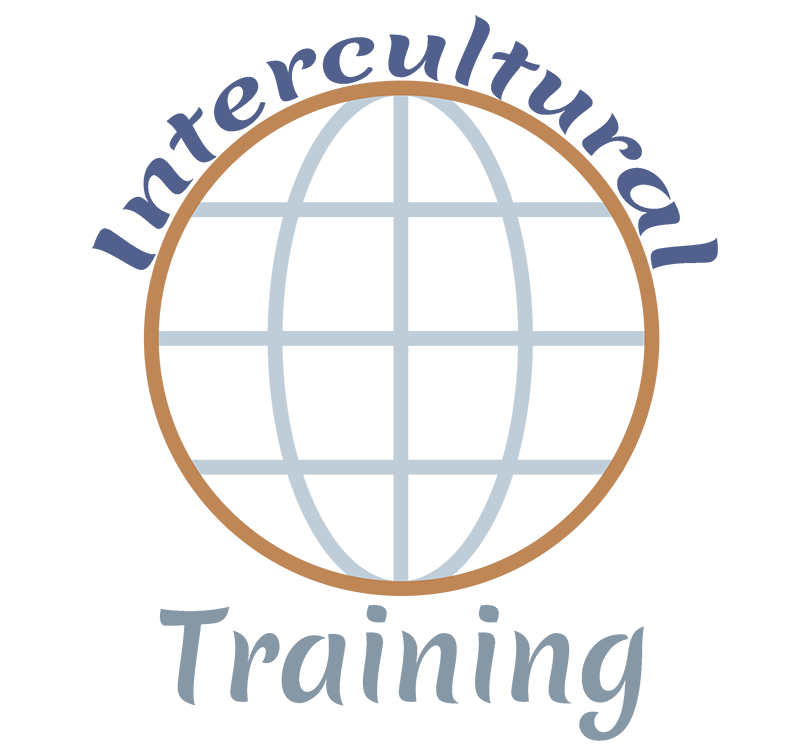
The main objectives of the project are:
- Reflecting on the concepts of culture, identity and intercultural competences
- Experiencing, sharing and reflecting on cultural contexts and personal development
- Exploring modern Portuguese life and culture as well as its background
- Sharing strategies to increase learner motivation, involvement, creativity and intercultural competence
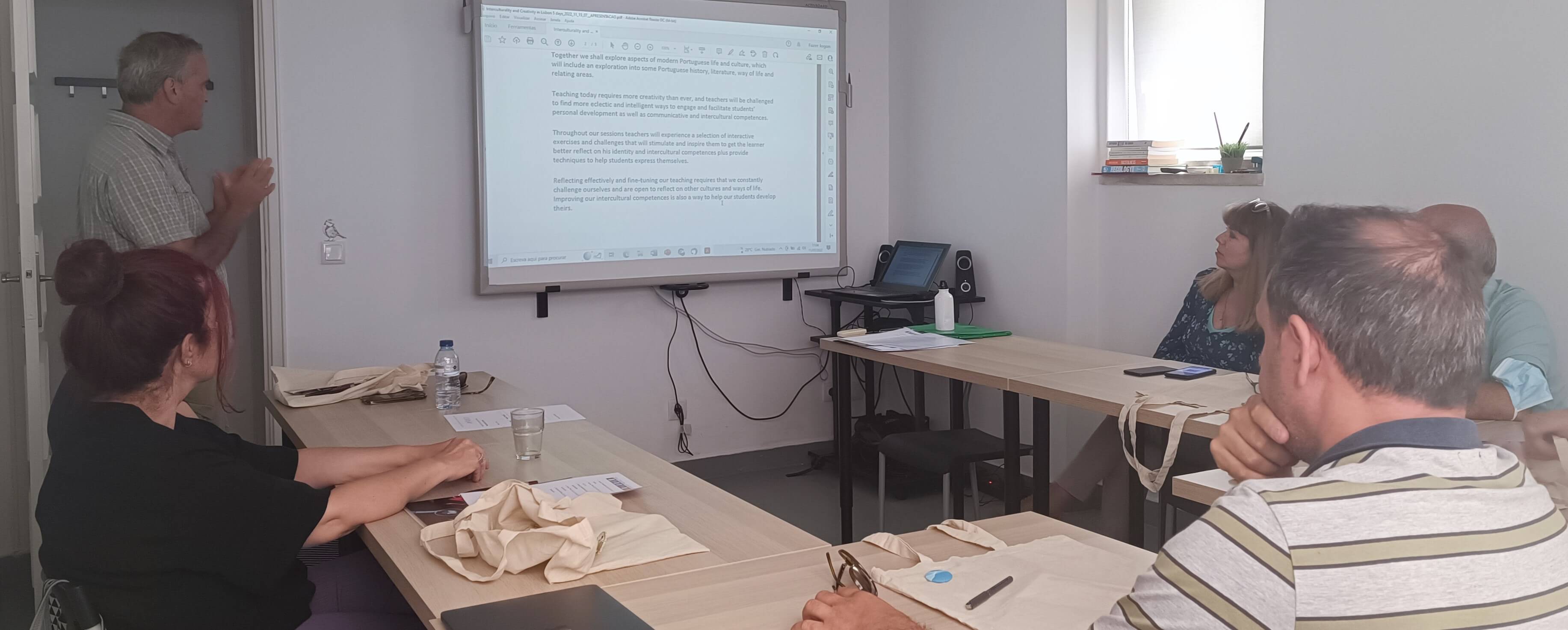
The initiative was organized by the Scientific Association DIGITAL IDEA and includes a
mobility for training in the European Union for its members who are certified adult trainers.
In Portugal, five (5) adult educators who work in formal, non-formal, and informal learning were
trained as part of the mobility flow. The educators investigated various facets of contemporary Portuguese
culture and life, and they encountered a variety of challenges that will motivate and inspire them to find
more inventive and efficient ways to engage and support students' development as well as communicative and
intercultural competencies.
We anticipate that our strategy will influence adult education systems by assisting with policy reform and
luring new resources for chances for mobility in Europe. It will additionally help establish actions and
policies linked to inclusion and intercultural training progress in European countries.
Methodology
- Active, collaborative and participative approach
- Evaluation (with forms filled by trainees and trainers)
- Dissemination and follow-up strategies
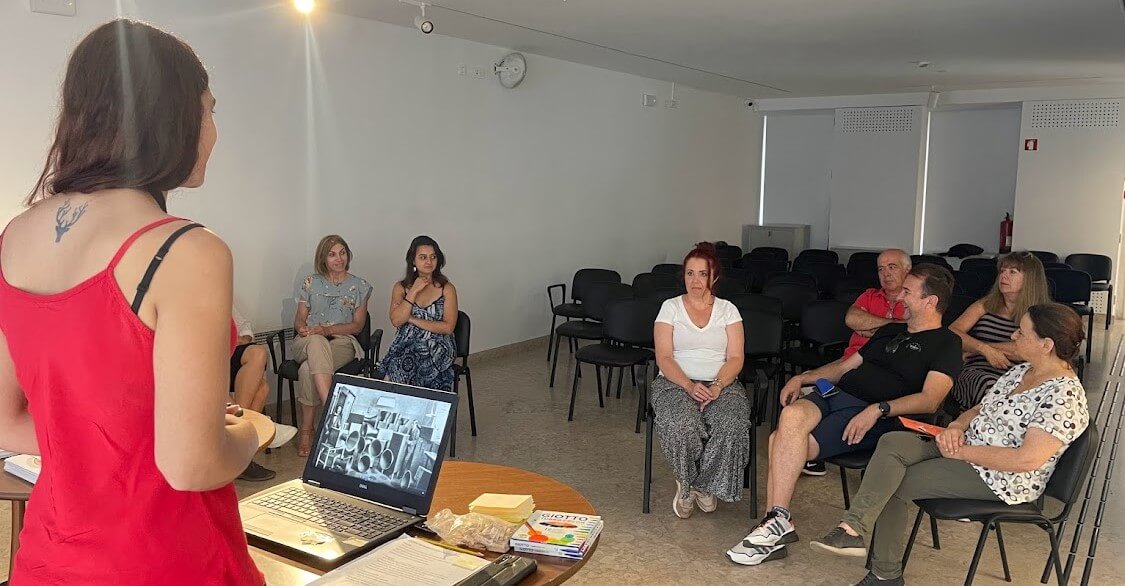
Training material
- T-KIT 4 - Intercultural learning
- Intercultural Learning - toolbox Guide
- Intercultural Education and the Teaching of English to Young Learners in Portugal
- Role Play: A Practical Way to Teach Intercultural Communication
- Intercultural activities in the English classroom
- Design Thinking for Educators
- e-learning Platform
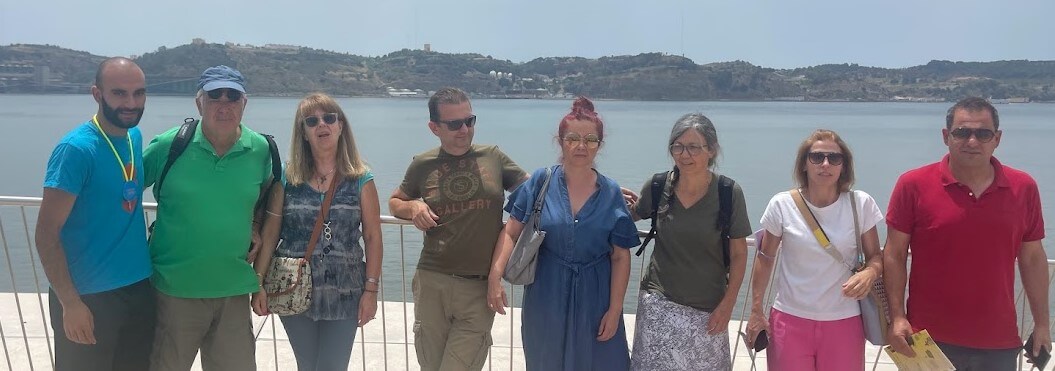
Training in Lisbon / Portugal entitled “Interculturality and creativity in Lisbon”
Members of Scientific Association DIGITAL IDEA within the framework of the approved European
ERASMUS+ program in the field of Adult Education (2020-1-EL01-KA104-078217) participated
in Structured Course / Training Course in Lisbon/Portugal entitled “Interculturality and creativity in
Lisbon”.
Today's educators must use more creativity than ever before in order to engage students and support their
development of communication and intercultural skills as well as their overall growth and development.
The participants in this mobility had the chance to take on a variety of tasks aimed at inspiring and
motivating their pupils as well as getting them to consider their identities and intercultural competency.
We must continually push ourselves and be willing to reflect on other cultures and ways of life in order to
effectively reflect and enhance the teaching process. In order for learners to develop their own
intercultural competencies, intercultural competence needs to be improved.
The members of the association that participated in mobility are: Artinou Maria, Ioannidis Dimitrios,
Ioannou Maria, Kitsakis Konstantinos and Siakavaras Ioannis.
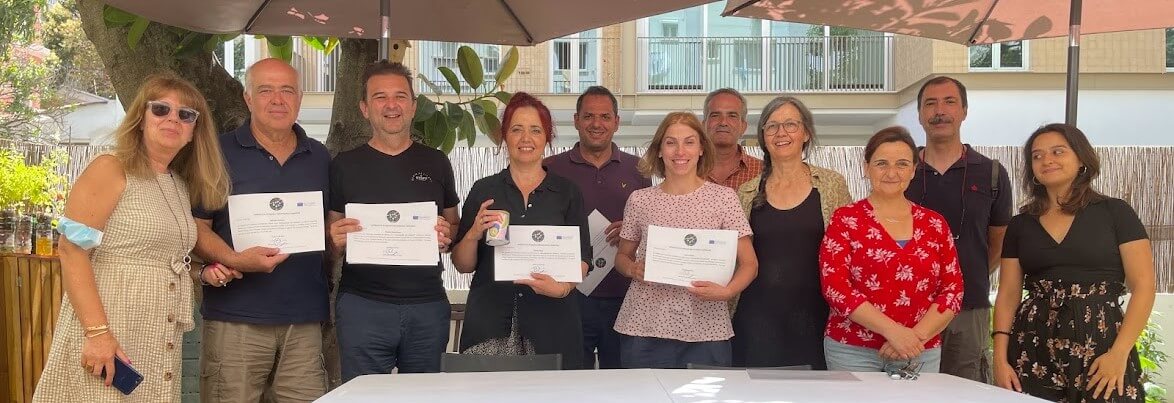
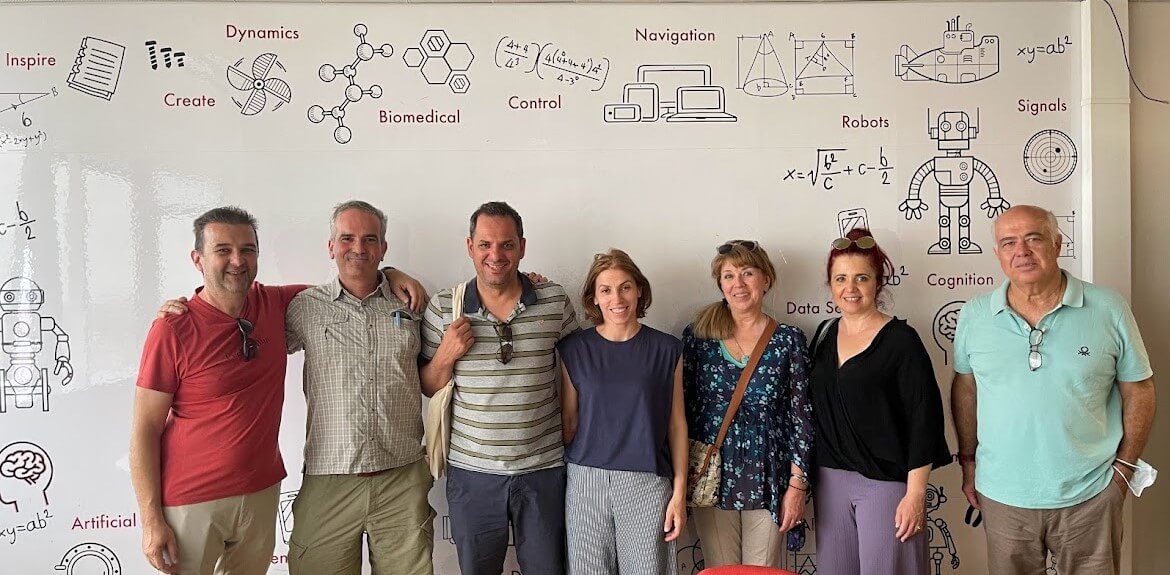
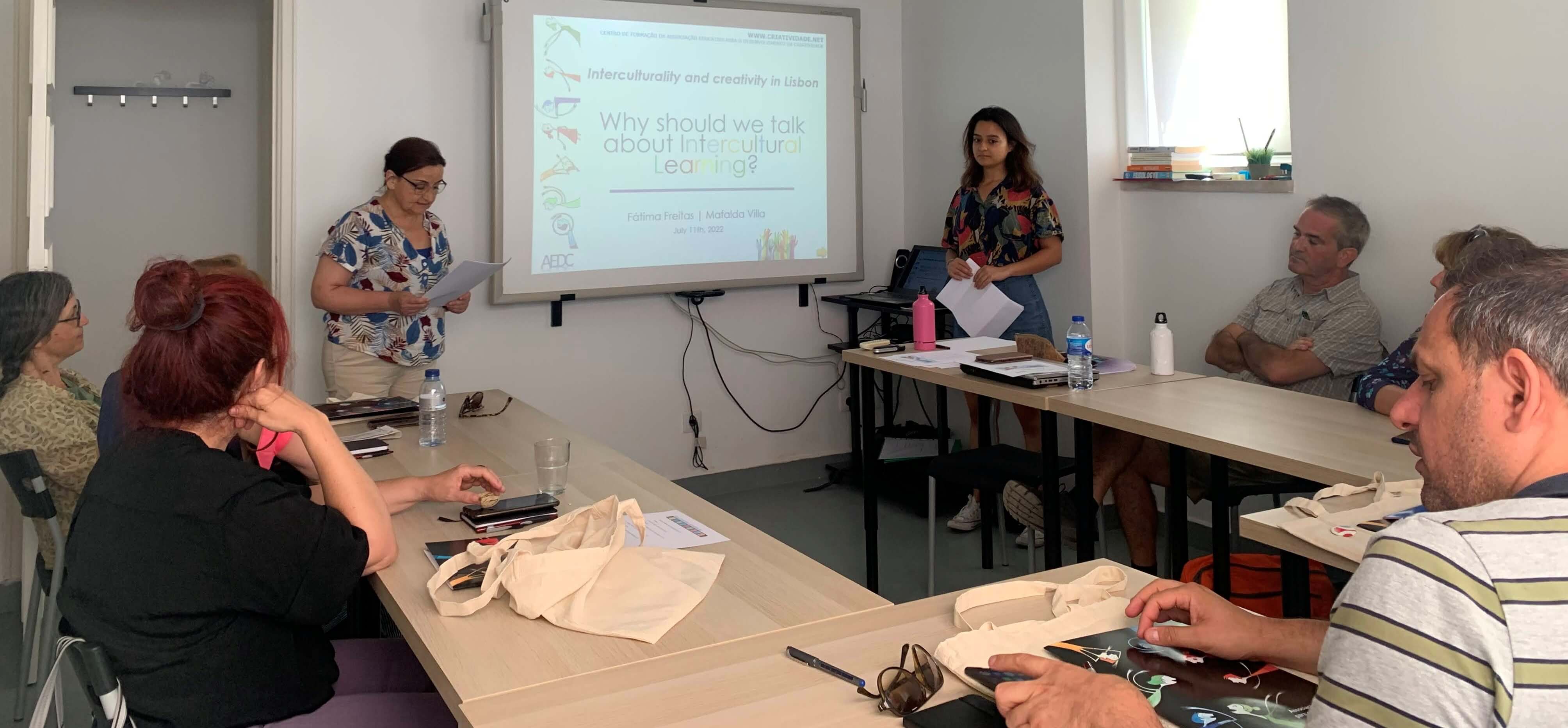
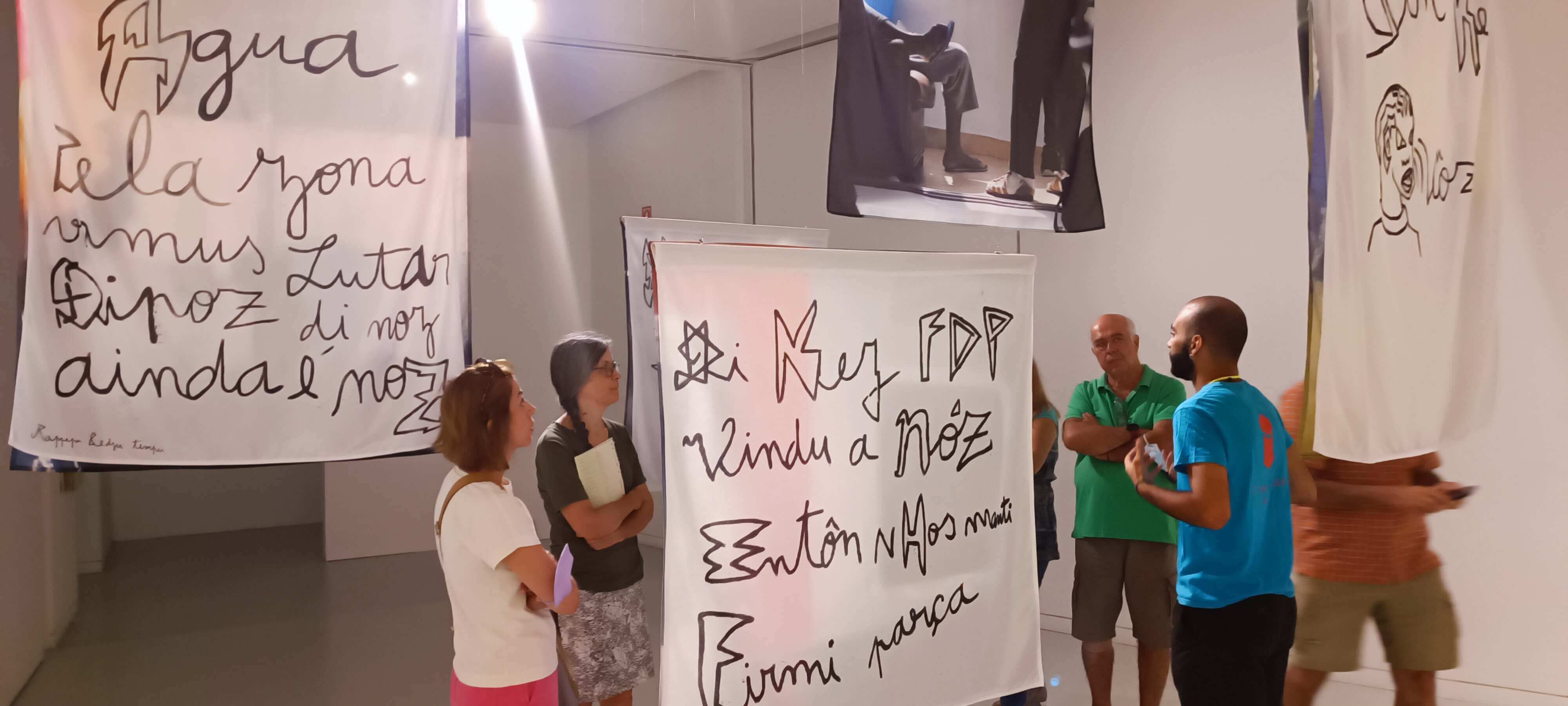
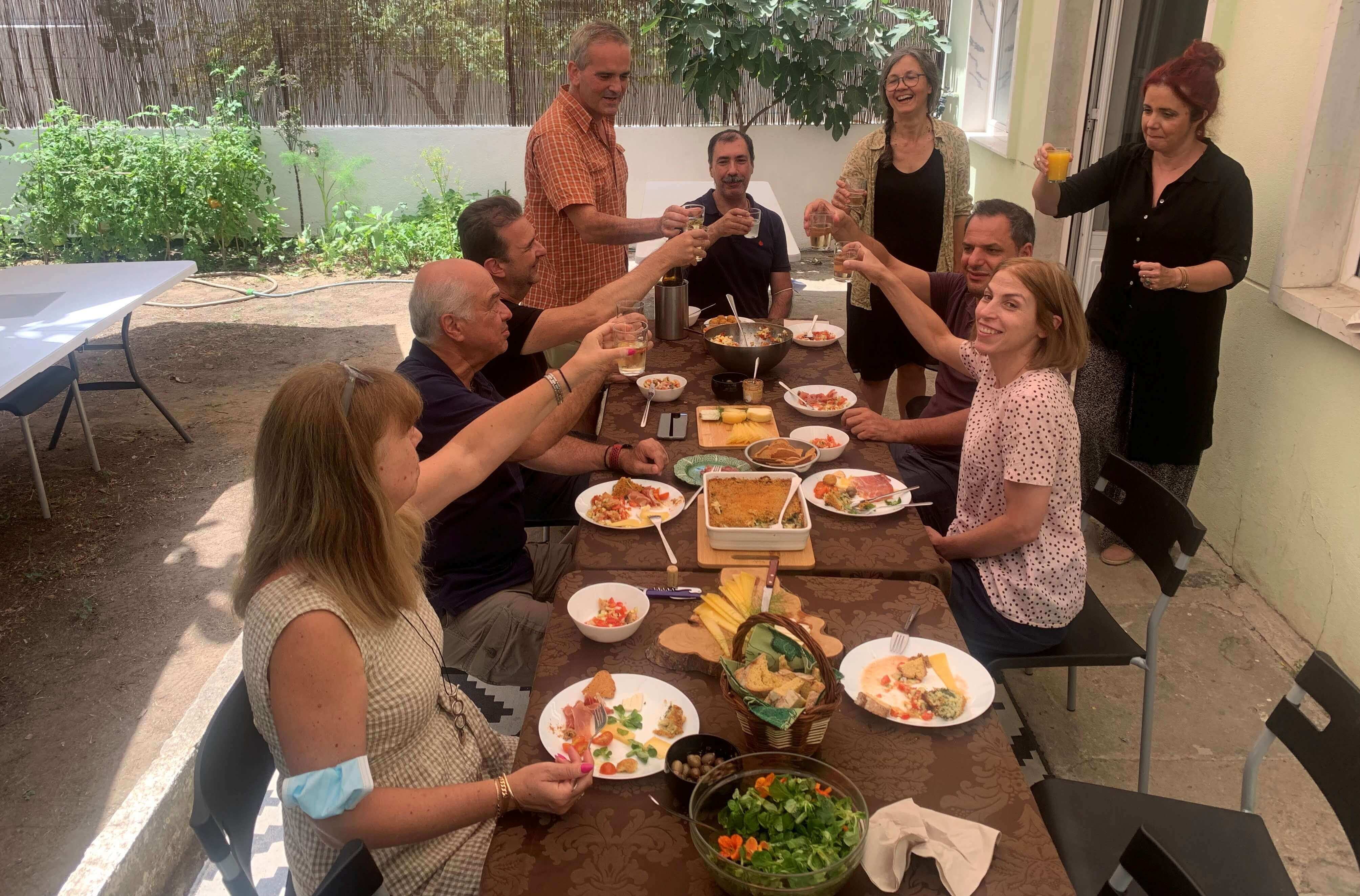
Dissemination and exploitation workshops
Open events were held for Adult Trainers of the program entitled "Interculturality and creativity in
Lisbon" and code 2020-1-EL01-KA104-078217.
The main topics presented were:
- Incorporate intercultural competency, culture, and identity into adult education
- Learning about, discussing, and considering cultural backgrounds and one's own development
- Methods for boosting students' intercultural competency, creativity, enthusiasm, and involvement
- The history of Portugal, its culture, and its way of life today
